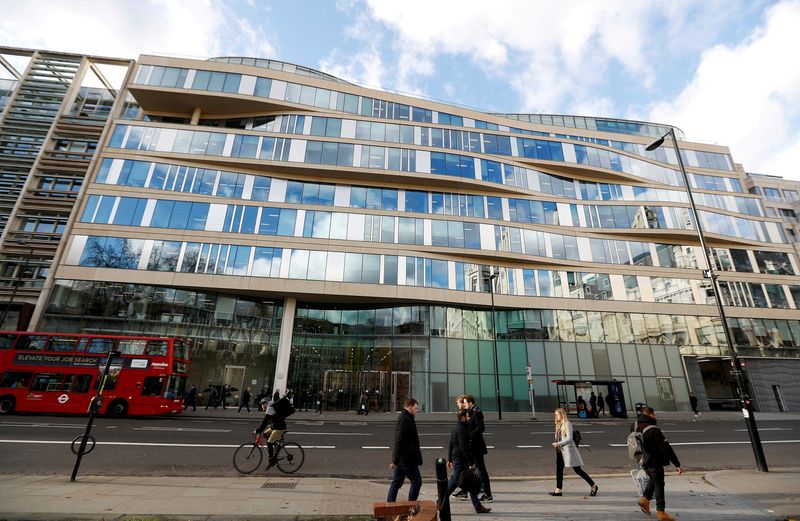(Reuters) - The London Metal Exchange (LME) ban on newly produced Russian metal will not pose any immediate supply-demand shock, analysts at Goldman Sachs (NYSE:GS) said in a note on Monday.
The LME on Saturday banned from its system Russian metal produced on or after April 13 to comply with new U.S. and UK sanctions imposed for Russia's invasion of Ukraine.
Russian producers can continue to sell metal to non-U.K./US markets, and hence "from a fundamental perspective, these exchange-focused rule adjustments will not generate a necessary supply-demand shock", the bank said.
The LME's changes will end the future supply of newly produced Russian metal and could lessen the "stickiness" of metals currently held on the exchange, and should at least provide some marginal improvement in demand for non-Russian material, the bank added.
Yet the dislocation to Russian supplies due to Western sanctions over the past two years has contributed to a build-up of unwanted Russian metals on the LME, distorting front-end spreads. The increased liquidity in currently held Russian metal might attract a greater appetite to cancel these units, particularly for copper, the bank said.

"Stay long copper and aluminium," the analysts wrote, while expecting a reflationary phase with a structural extension in "bull" markets for these two metals.
However, they anticipate that a continued surplus in the nickel market will limit the sustainability of any upside.